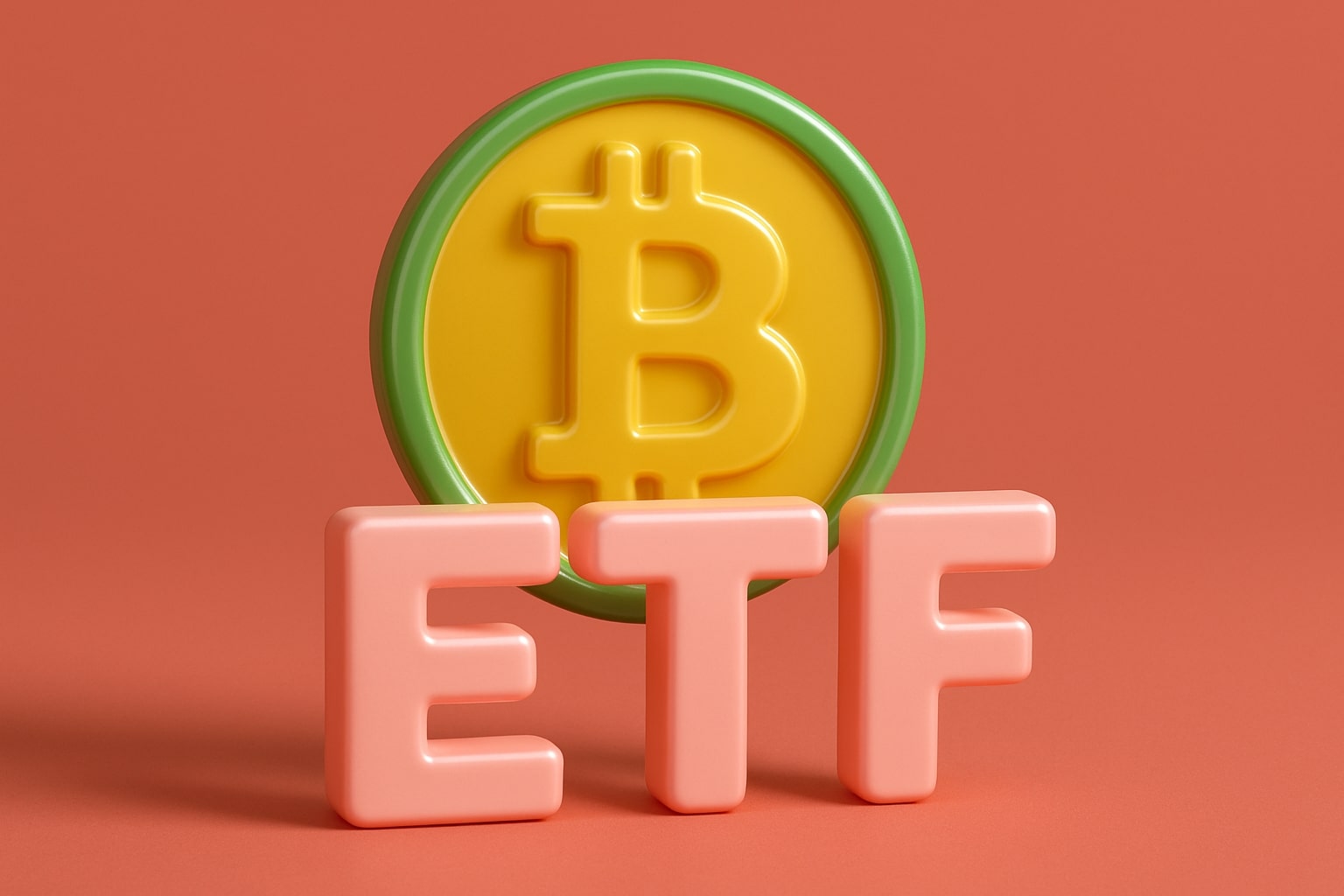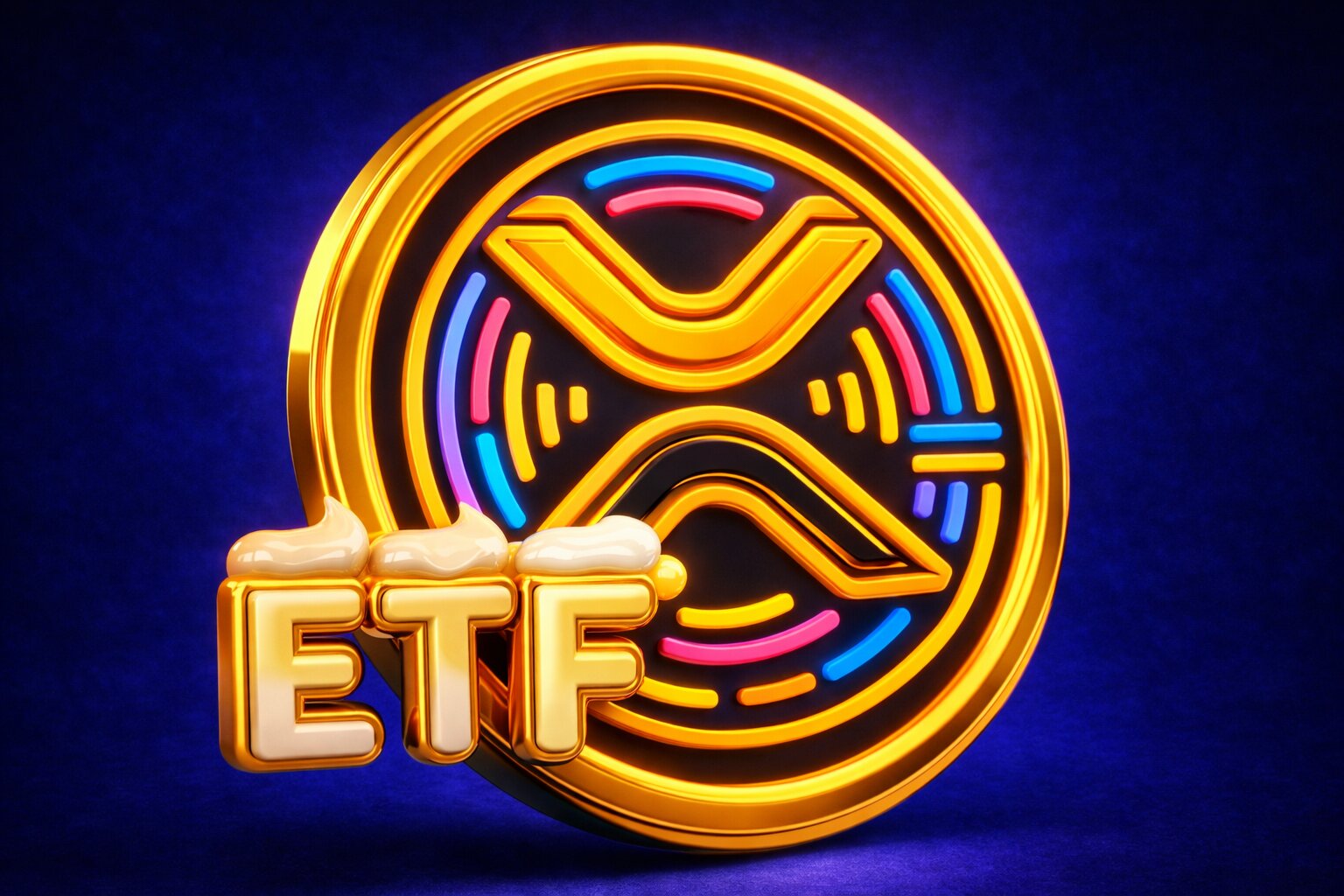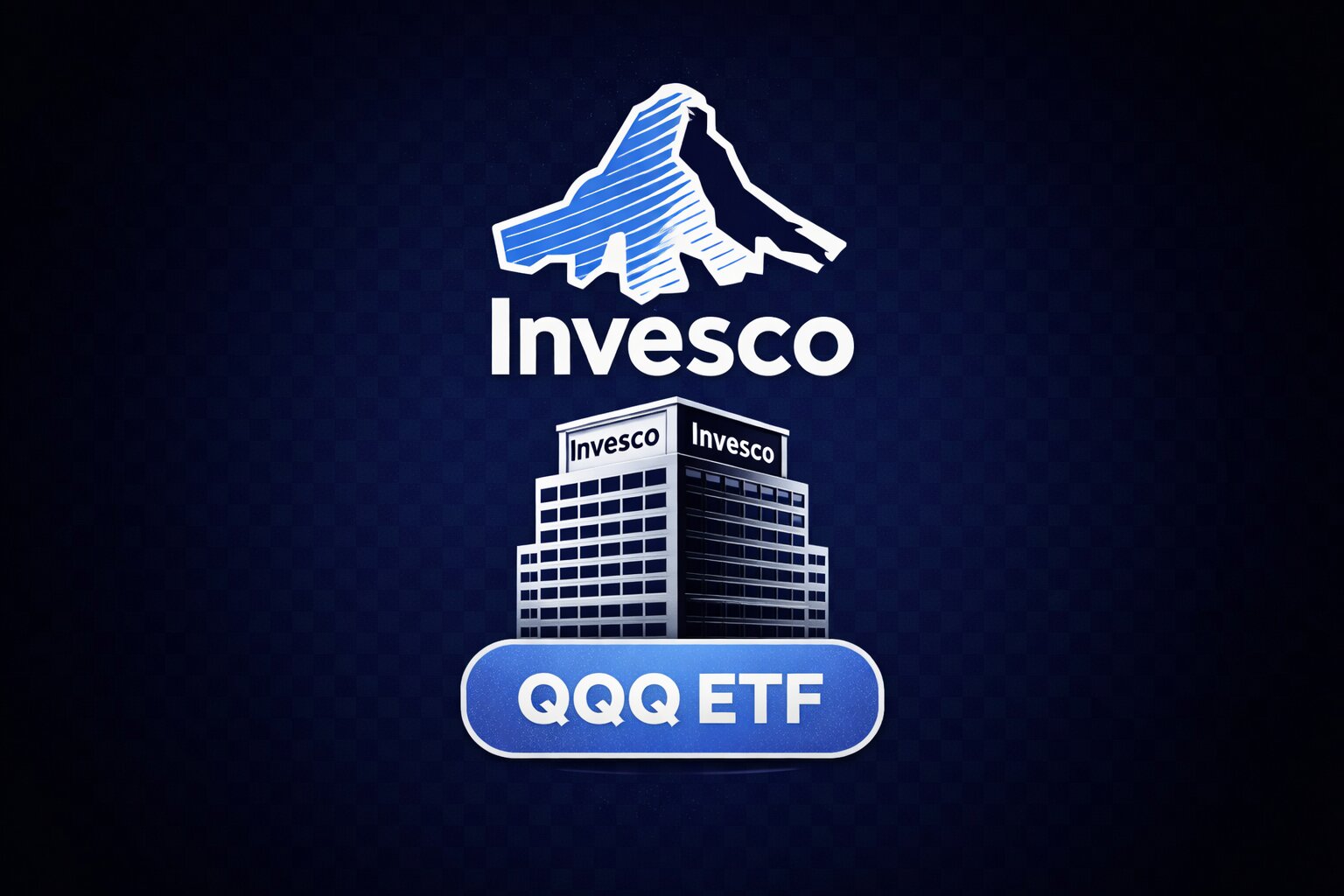
Bitcoin ETF Inflows Defy Price Drop, $114,755 Holds as Key Support
BTC ETFs add $548M while ETH funds secure $2.85B, signaling institutional strength despite market volatility | That's TradingNEWS
Bitcoin ETF Flows Reshape Market Structure Amid Historic Trading Volumes
The past week has underscored the growing institutional dominance in cryptocurrency markets, with Bitcoin ETFs and Ethereum ETFs delivering unprecedented inflows and volumes even as BTC-USD traded through volatile swings. Bitcoin set a new record near $124,000 before retracing to an intraday low of $114,755, testing investor nerves, yet ETF flows and trading data show structural resilience that is fundamentally different from previous cycles.
Spot Bitcoin ETFs Add $548 Million Despite Price Pullback
In the United States, spot Bitcoin ETFs recorded $548 million in net inflows, extending their total asset base to nearly $152 billion. BlackRock’s iShares Bitcoin Trust ETF (IBIT) alone absorbed $887 million, while Fidelity’s FBTC and Invesco’s BTCO added $32.9 million and $4.9 million, respectively. Even as Bitcoin corrected almost 7% from its peak, these consistent inflows highlight that professional allocators continue to treat dips as entry points rather than exit signals. Outflows during early August—$1.45 billion over five sessions—translated into only a 6% correction, demonstrating that liquidity is now robust enough to absorb redemptions without triggering cascading selloffs.
Ethereum ETFs Dominate With $2.85 Billion Weekly Inflows
The spotlight, however, shifted firmly to Ethereum. The iShares Ethereum Trust ETF (ETHA) drew $2.2 billion in fresh allocations, part of a record $2.85 billion weekly inflow across U.S. spot ETH funds. At one point, Ethereum’s ETFs traded $17 billion in four days, a record pace dubbed “ETHSANITY” by Bloomberg analysts. The cumulative inflows since early August already exceed $11 billion, with BlackRock’s ETHA alone accounting for $2.317 billion last week. Even as ETH-USD slipped 6% on profit-taking to $4,374, institutional investors treated the correction as tactical, not structural.
Global Expansion: Hong Kong and Kazakhstan ETFs Add Scale
Momentum is no longer U.S.-centric. Hong Kong’s Bitcoin ETFs recorded 31.49 BTC in net inflows last week, lifting their combined NAV above $512 million, while Ethereum ETFs in the city added 2,595 ETH (worth roughly $124 million). Kazakhstan marked a milestone by listing its first physically backed Bitcoin ETF, trading under the symbol BETF on the Astana International Exchange, fully collateralized by BitGo custodianship with $250 million in insurance coverage. These developments extend Bitcoin’s ETF footprint well beyond Wall Street, showing regulatory and institutional alignment across continents.
Options Activity Confirms Institutional Positioning
The growth is not limited to spot ETFs. U.S.-listed Bitcoin ETF options registered $1.32 billion in turnover last week, with open interest swelling to $29.87 billion. The long-to-short ratio of 1.77 reflects conviction that Bitcoin’s downside is capped near $112,000–$115,000, while implied volatility at 41.7% suggests option markets are pricing elevated, but controlled, risk. This is markedly different from 2021, when skew spikes triggered 20–30% liquidations. Today’s options activity highlights a maturing market where hedging tools are deployed proactively rather than reactively.
Institutional Holders Disclose Massive Stakes
Filings also reveal the scale of institutional participation. Hedge fund Brevan Howard disclosed $2.32 billion held in BlackRock’s Bitcoin ETF, while Li Lin’s Avenir Group boosted its allocation to 16.55 million IBIT shares, valued at roughly $1.01 billion. These positions reflect long-horizon strategies, contrasting with retail-driven cycles of the past. Family offices, hedge funds, and asset managers now anchor Bitcoin ETFs in diversified portfolios alongside equities and bonds, ensuring steady bid-side liquidity.
Comparisons With Traditional ETFs Highlight Scale
Crypto’s ETF surge now competes directly with legacy products. Last week, the Invesco QQQ Trust (QQQ) led traditional ETFs with $6.7 billion inflows, but ETHA’s $2.2 billion and IBIT’s $1.1 billion firmly placed them among the top ten across all asset classes. Together, Bitcoin and Ethereum ETFs traded $40 billion in four days, levels comparable to the top five equity ETFs combined. The combined YTD inflows — $21.4 billion for IBIT and $8.6 billion for ETHA — underscore how digital assets are rapidly embedding themselves in mainstream asset allocation.
Regulatory and Market Expansion: SEC Delays and New Listings
While the SEC delayed decisions on Solana ETF applications from Bitwise and 21Shares to October 16, the broader momentum in approvals is unmistakable. Grayscale has filed to convert its Dogecoin trust into an ETF under the ticker GDOG, while Roundhill is pursuing both a meme ETF and an Ether covered-call product. Hong Kong will also list two new spot crypto ETFs on August 21 with a 0.5% management fee, the lowest globally, intensifying competition on cost and accessibility.
Bitcoin Price Dynamics Remain Anchored by ETF Flows
The question for traders remains whether $114,755 marked the bottom of the correction. Metrics point that way. Options skew, which spiked to its highest in four months, historically signals exhaustion of selling. Stablecoin flows in Asia, with USDT trading at a 0.8% discount to USD, suggest mild but contained pressure. Top traders at Binance and OKX did not significantly unwind long positions, reinforcing the case for stabilization. With ETF demand intact and top holders steady, a retest of $120,000–$123,000 looks plausible in the coming sessions.
That's TradingNEWS
Read More
-
QQQ ETF Price Forecast - QQQ at $600.91: Nasdaq Growth Weighs Jobs Shock, High Yields and AI Productivity
12.02.2026 · TradingNEWS ArchiveStocks
-
XRPI And XRPR ETF Prices Lag At $7.74 And $11.44 While $1.23B XRP ETF Flows Test A Weak $1.38 Spot
12.02.2026 · TradingNEWS ArchiveCrypto
-
Gold Price Forecast: XAU/USD Guards $5,000 as Wall Street Maps Run Toward $6,100–$7,200
12.02.2026 · TradingNEWS ArchiveCommodities
-
EUR/USD Price Forecast: Can the Euro Clear 1.1900 as Dollar Momentum Fades Below 97?
12.02.2026 · TradingNEWS ArchiveForex


















